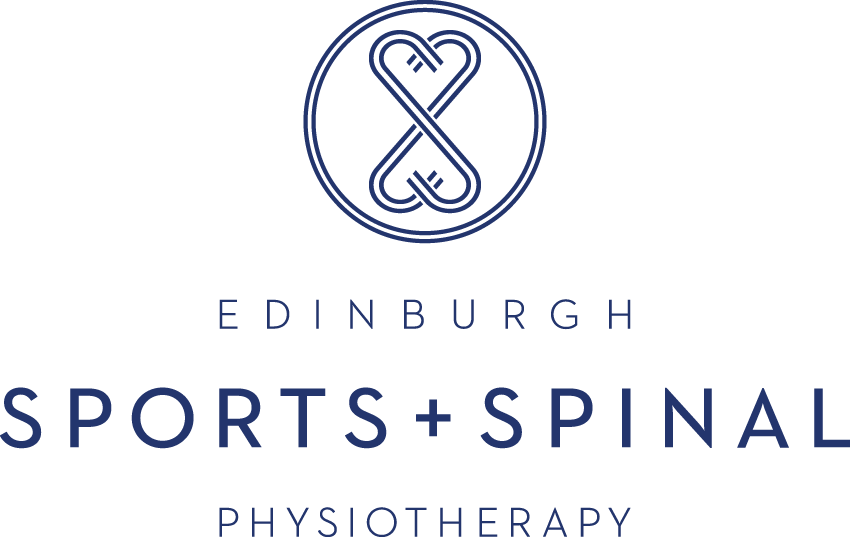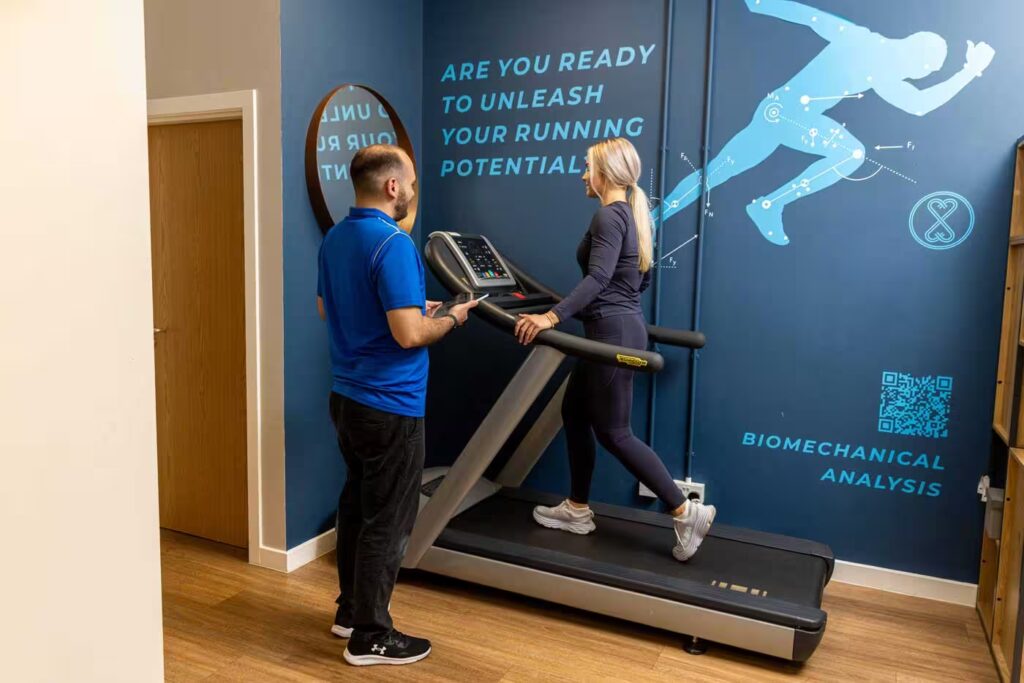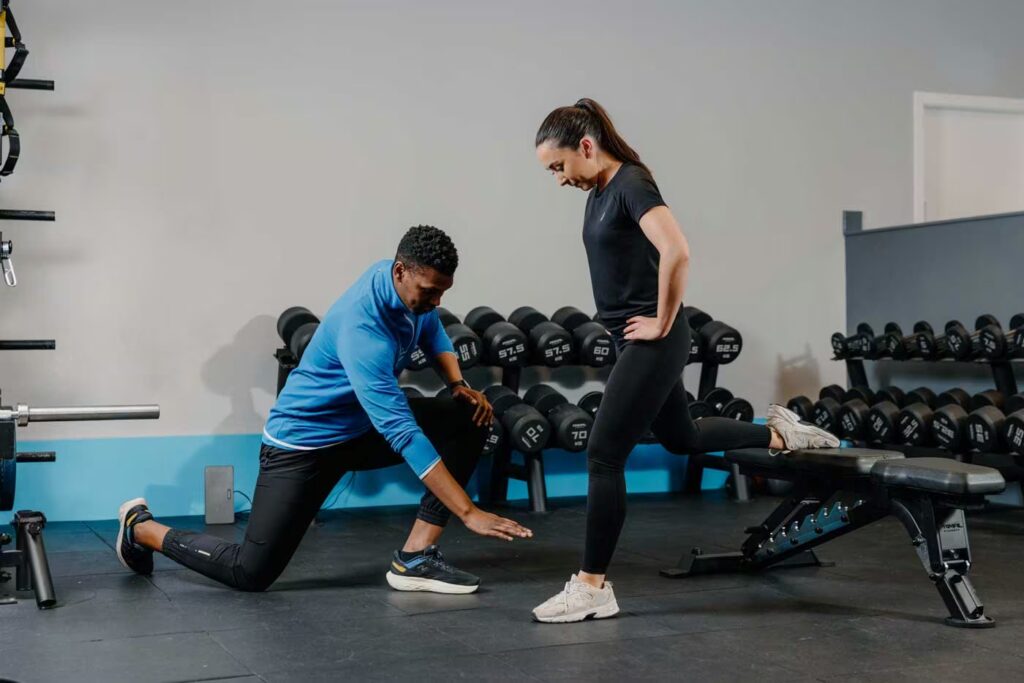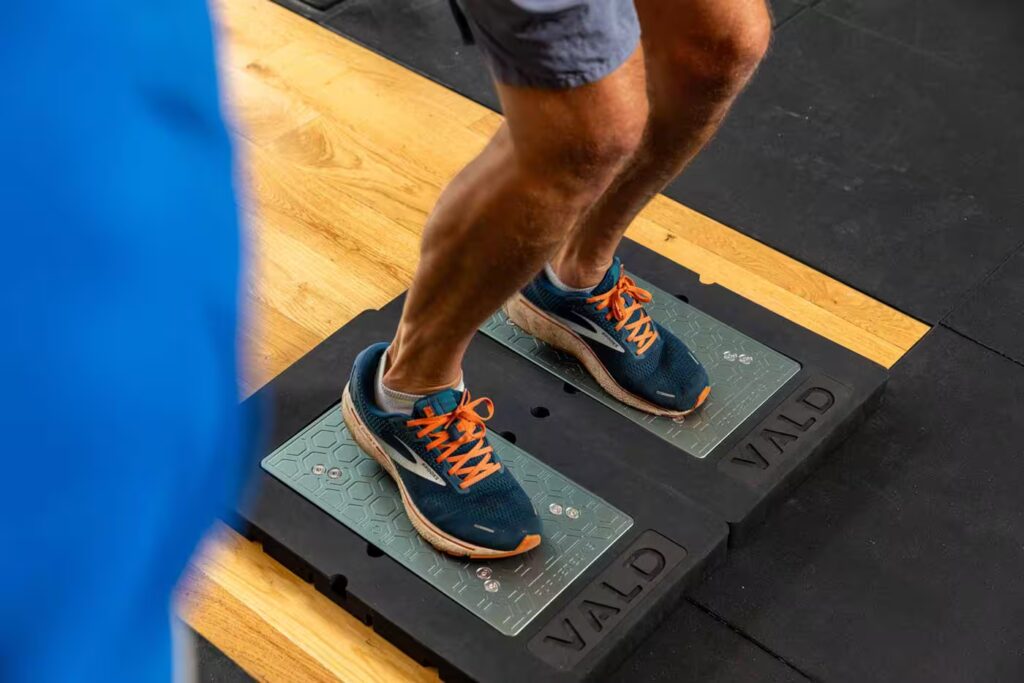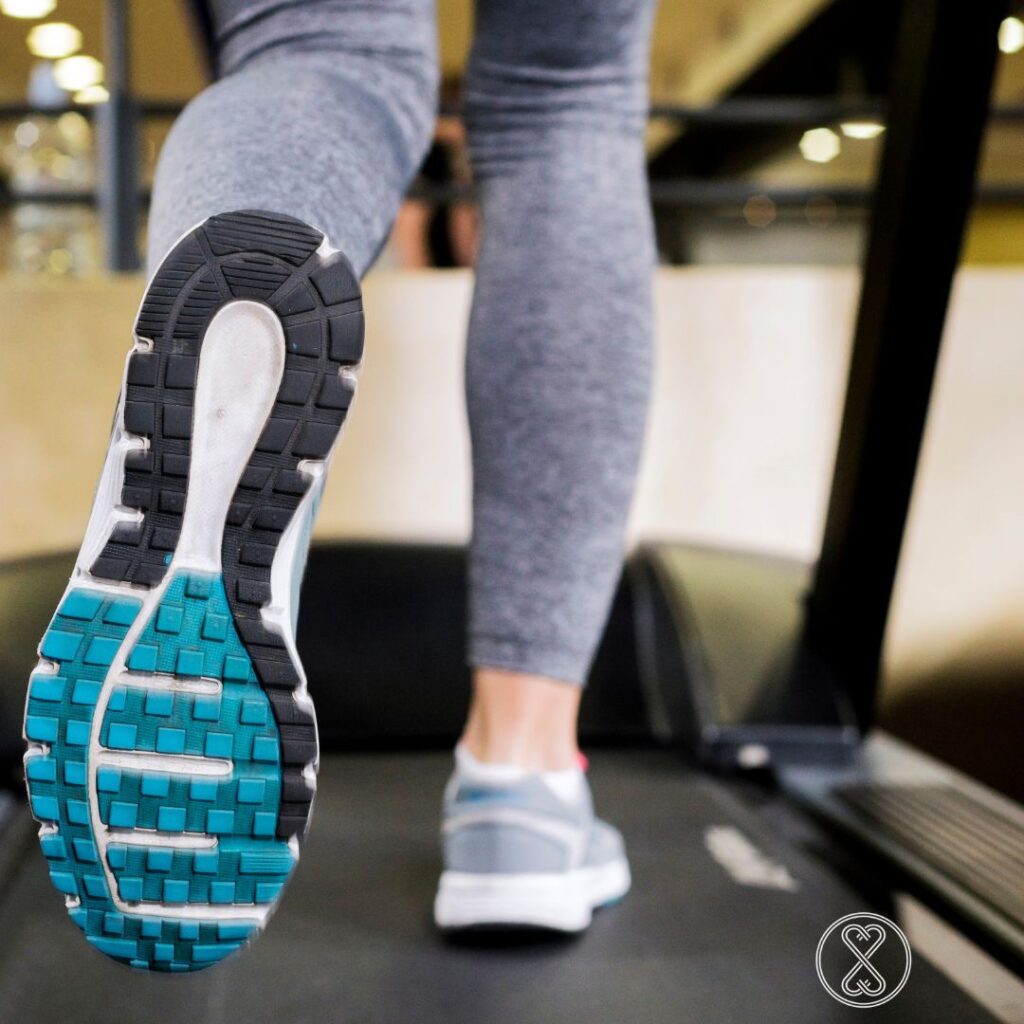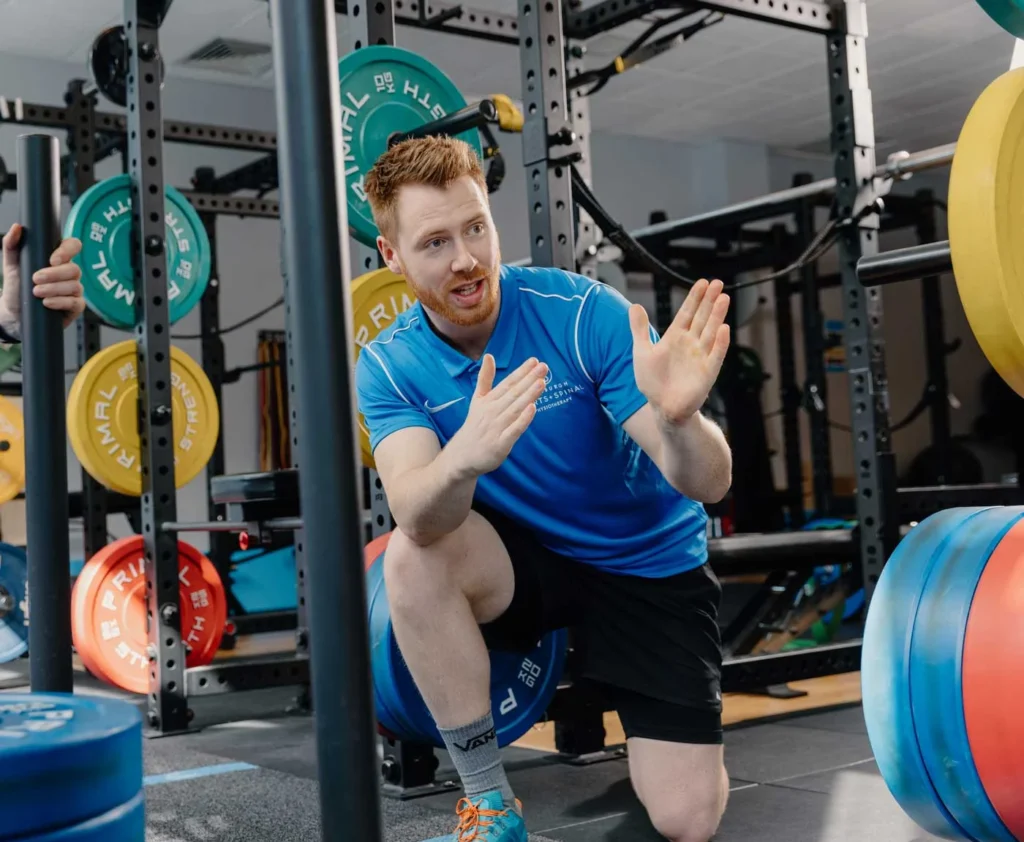Trustindex verifies that the original source of the review is Google. I was gifted a voucher for a sports massage and it was a really educational and pleasant experience.
I had a fantastic appointment in Comely Bank with Freya. She was helpful, informative, and very considerate. I was asked about any issues or pains I had and was encouraged to be forthcoming without feeling pressured. It was really nice to have stretches recommended to me following the appointment that would aid me going forward.
I would highly recommend Freya and the practice both.
